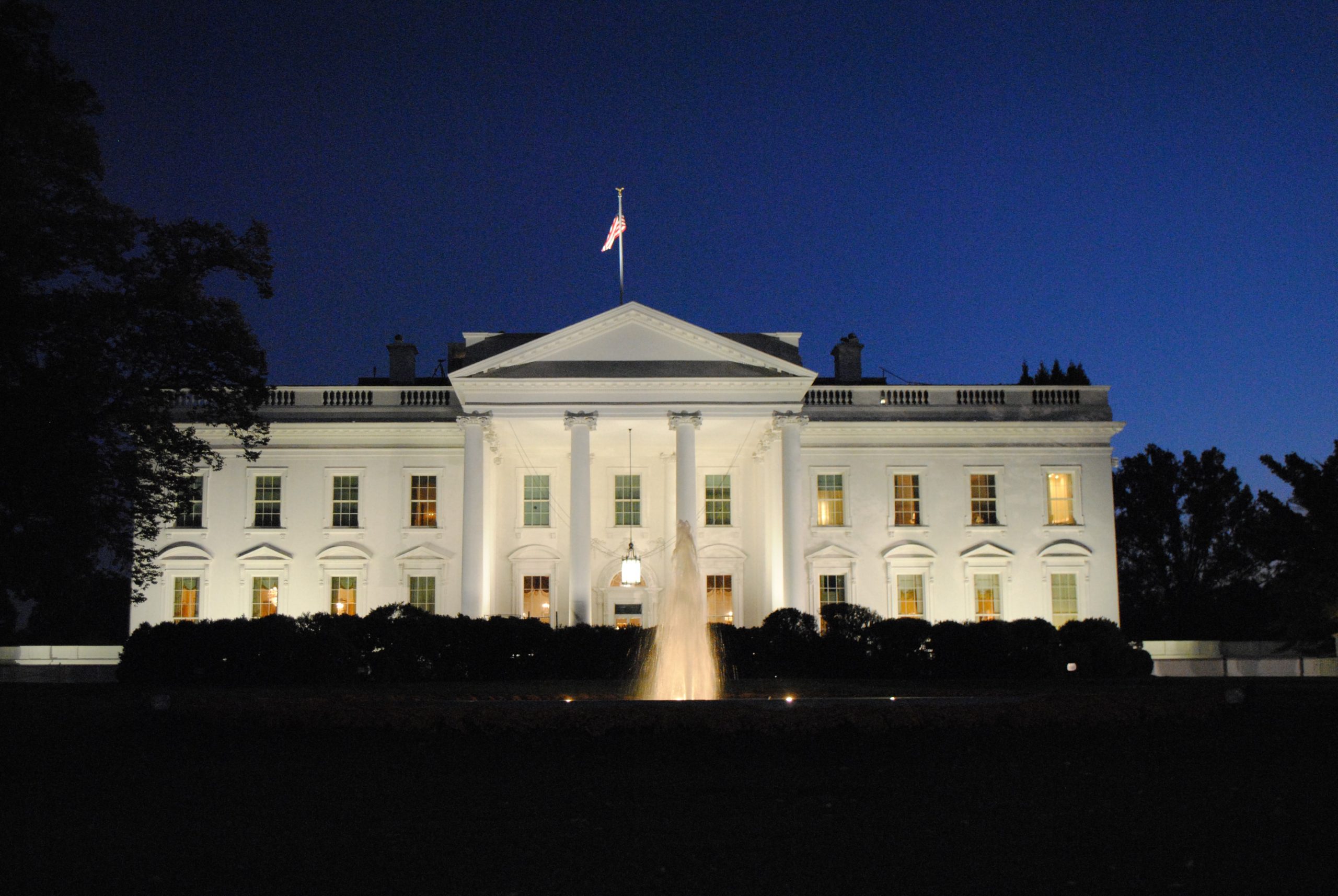
Savannah Hulsey Pointer, FISM News
[elfsight_social_share_buttons id=”1″]
A Wall Street Journal study revealed that thousands of senior executive branch workers owned shares of businesses whose outcomes were directly impacted by their employers’ decisions, according to previously un-reported documentation.
The Journal received and reviewed 31,000 financial-disclosure forms for about 12,000 senior career employees as well as political staff and presidential appointees covering business deals between 2016 and 2021. The information included data covering roughly 850,000 financial assets and more than 315,000 trades in stocks, bonds, and funds by the officials, their spouses, or dependent children.
During both Republican and Democratic administrations, over 2,600 employees at departments ranging from the Commerce Department to the Treasury Department declared stock holdings in businesses that were influencing the agencies’ policies.
Over one in five senior government officials, according to the 50 federal agencies examined by the Journal, fall under this category.
Included in the alleged influence on governmental changes were decisions by the Environmental Protection Agency (EPA) to purchase oil and gas stocks and the Food and Drug Administration’s decision to reportedly let an official own dozens of food and drug stocks that were on what the Wall Street Journal called a “no-buy list.”
A Department of Defense official also bought stock in a defense company five times prior to that company’s success with new business from the Pentagon.
Included in the journal’s findings was the fact that 1,800 federal officials reported owning or trading major tech stocks in Meta Platforms Inc.’s Facebook, Alphabet Inc.’s Google, Apple Inc., and Amazon.com Inc all while the government claimed to be increasing its scrutiny of the technology giants.
Over 200 EPA employees, or about one-third of agency employees, had investments in companies that were lobbying the agency. In total, employees and family members of EPA employees owned anywhere between $400,000 and nearly $2 million in shares of oil and gas companies between 2016 and 2021.
A number of other cases were cited by the report, which went on to say that when financial holdings were a conflict, the agency frequently “simply waived the rules,” and in most instances, the ethics officials certified that employees were in compliance with the rules.
Conflicts of interest in the legislative branch
The prevalence of conflicts of interest in government officials caused several lawmakers to introduce a stock trading ban that would keep members of Congress from making money off what could be seen as insider information.
However, a recent report from Fox Business News indicates that the House of Representatives is unlikely to vote on the ban before the midterms in November. Even if they did, the bill prohibits such conflicts of interest in the legislative branch, not the executive branch.
According to The New York Post, more than two dozen House representatives have called on House Speaker Nancy Pelosi (D-Calif.) and House Minority Leader Kevin McCarthy (R-Calif.) to take action necessary to pass the bill that many hope will bolster public trust in Congress.
“[C]ommon-sense, bipartisan legislation is unfortunately necessary in light of recent misconduct, and is supported by Americans across the political spectrum,” the letter sent to House leadership read. “Both of you have recently addressed this issue in public comments, but this glaring problem will not go away until it is fixed and Congress should not delay when we have the power to fix it.”
The legislators claimed that the current rules are “not working,” and said lawmakers need to do more.
“The law prohibits only those stock trades that members of Congress make or direct because of their nonpublic knowledge,” they said. “But it can be nearly impossible to determine what counts as ‘nonpublic knowledge’ or how personally involved members are in their stock trades. Instead, Congress should close these loopholes by simply banning members from owning or trading individual stocks while in office.”
